End of Content.
End of Content.
The articles listed below are related to our industry albeit sourced from 3rd party companies and providers.

Rolspelers in die graanhandelwaardeketting vra al jare lank vir meer deursigtigheid deur die Johannesburgse Effektebeurs (JSE) oor hoe die mielieprys bepaal word. Die antwooord op die tergende vraag blyk nou nie meer so ontwykend te wees nie.
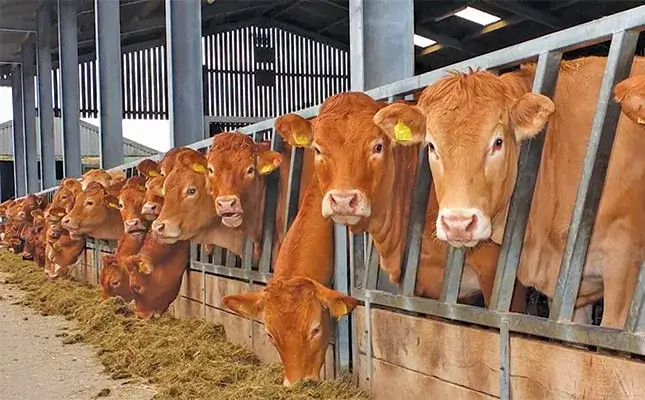
Biosecurity in feed management is a crucial aspect of disease prevention. Bonita Cilliers, technical and regulatory adviser of the Animal Feed Manufacturers’ Association, spoke to Nichelle Steyn.
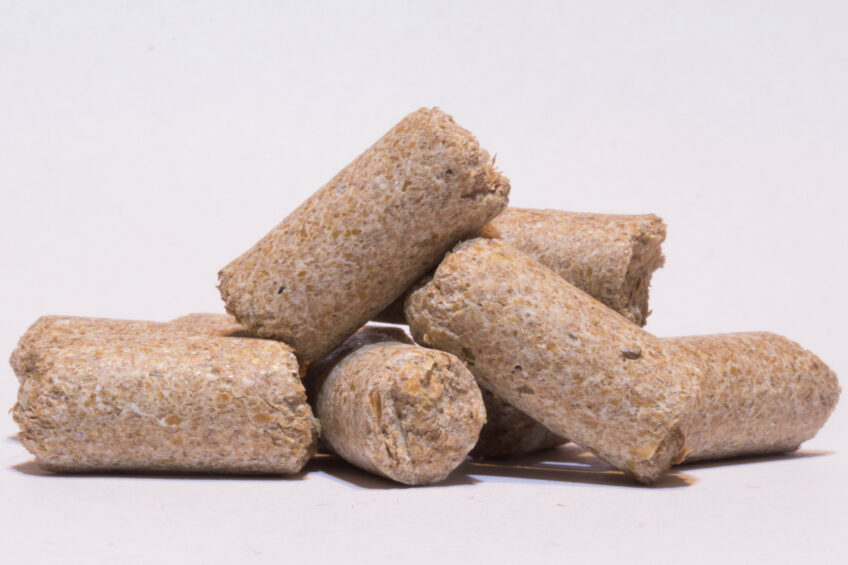
As feed producers strive to optimise both efficiency and sustainability, the importance of consistently producing high-quality pellets becomes increasingly clear. This article explores the key factors behind effective pelleting, the impact on animal productivity and how lignin-based pelleting aids can support process optimisation.

ll About Feed brings you the latest business developments and updates from around the world from May, including the opening of an agricultural research center in Brazil, as well as expansions and partnerships in the global feed space.
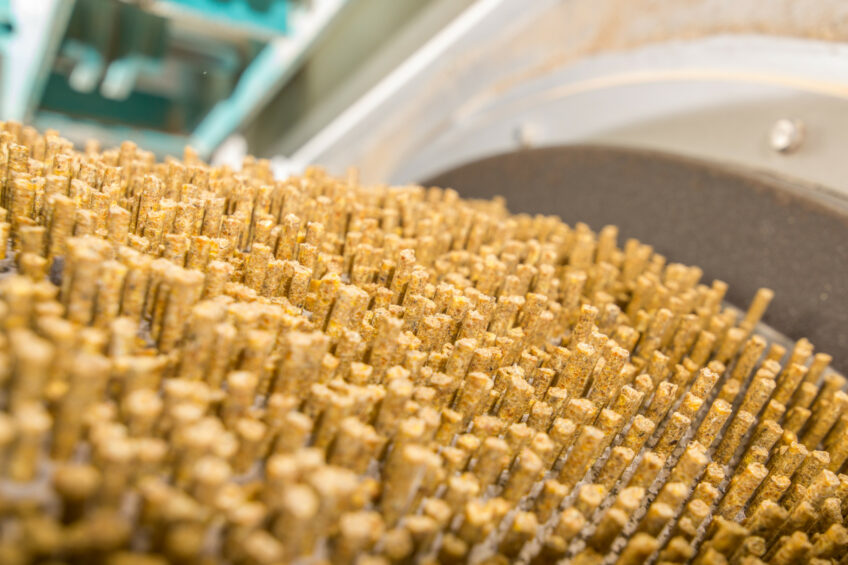
By addressing key issues such as moisture control, pellet quality, process automation, and energy efficiency, feed mills can turn obstacles into opportunities for growth and innovation.
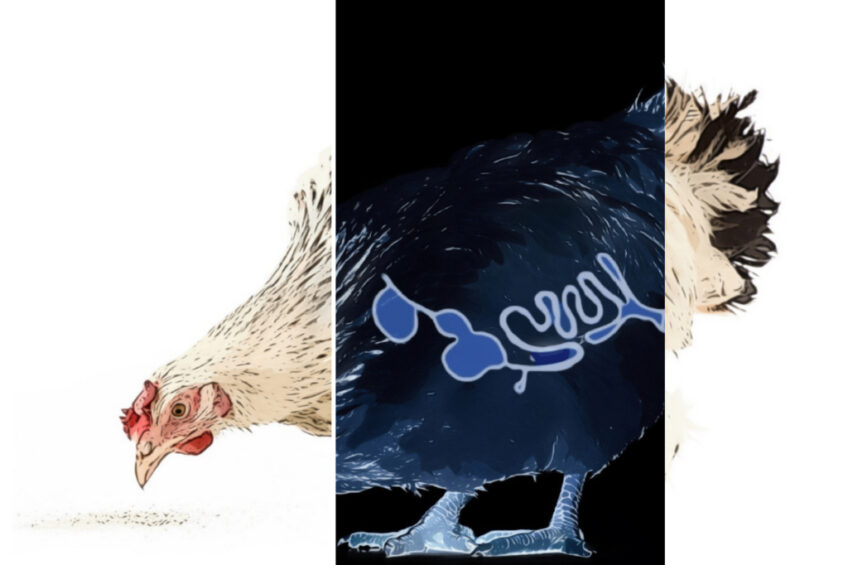
Feed is more than just a source of energy—it’s the cornerstone of growth, health and profitability. This means that strategies protecting clean feed support poultry nutrition and gut health, and perfectly align with modern producers’ demands by protecting birds’ ability to convert nutrients into energy and growth effectively.

Increasing global demand for poultry helped boost world animal feed production last year, which grew by 1.2% to 1,396 billion metric tonnes.
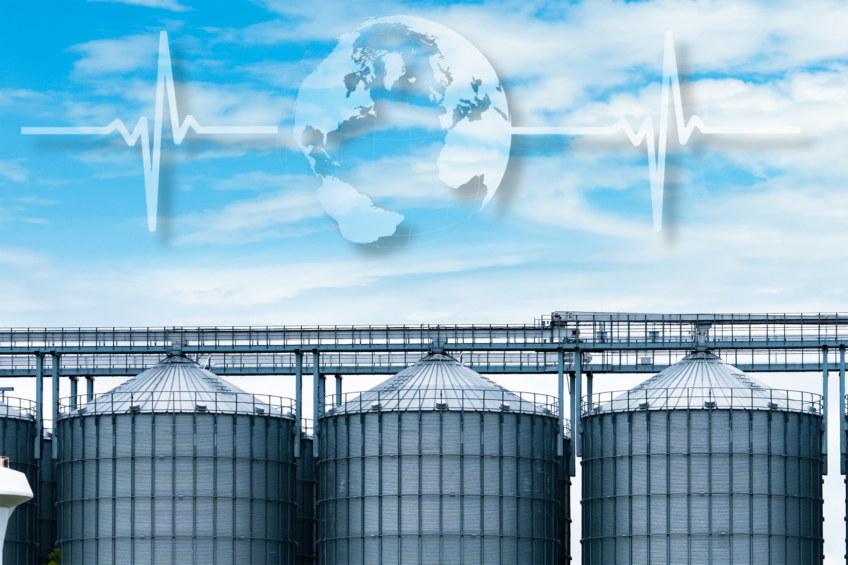
Animal feed itself poses virtually no risk in transmitting foot and mouth disease (FMD), according to a recent research project conducted by the European Food Safety Authority (EFSA) in collaboration with German institutions.
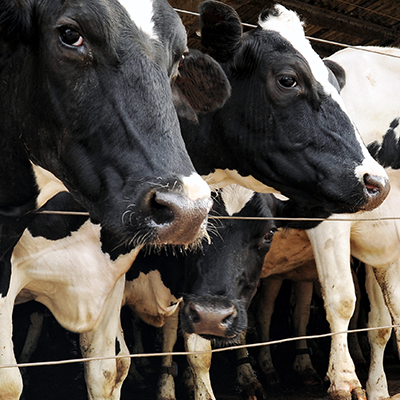
Modern high-yielding dairy cows, while genetically superior, exhibit increased susceptibility to metabolic disorders and fertility issues. Maintaining optimal gut health is paramount in mitigating these risks and ensuring efficient nutrient utilization, especially when environmental stressors like heat are present.
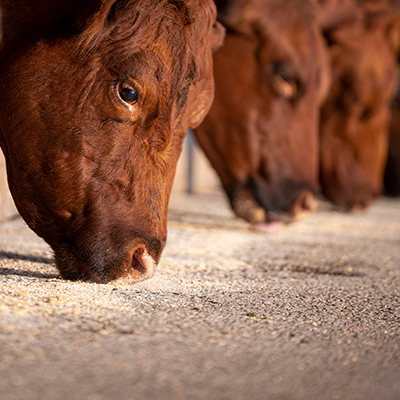
Feed biosecurity involves implementing comprehensive procedures to prevent the introduction and spread of disease-causing pathogens throughout animal production systems.
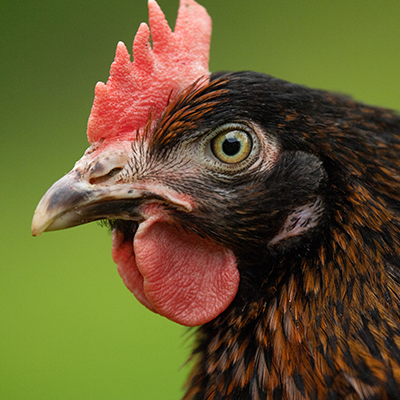
Mycotoxins have profound and detrimental effects on the intestinal microbiota of poultry. One of the primary effects of mycotoxins, particularly deoxynivalenol (DON), is that they slow down the maturation of the intestinal microbiota.
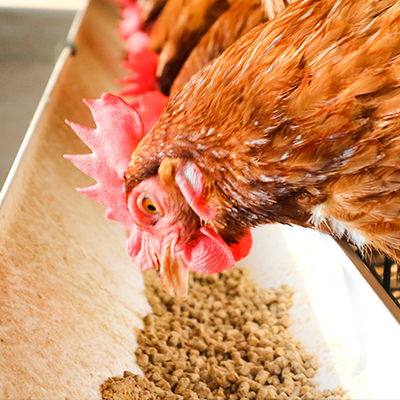
Sustainability in animal nutrition is essential for reducing the industry’s environmental impact. Through the adoption of alternative proteins, feed efficiency improvements, and emission-reducing innovations, the sector is working toward a more sustainable future.
If you are registered on our database to submit your feed, salmonella and mycotoxin statistical information, you can login here.
If you are not able to access the Statistics System dashboard, please make contact with our admin team to verify your membership and access credentials.